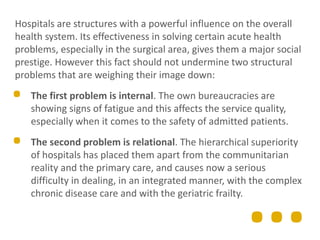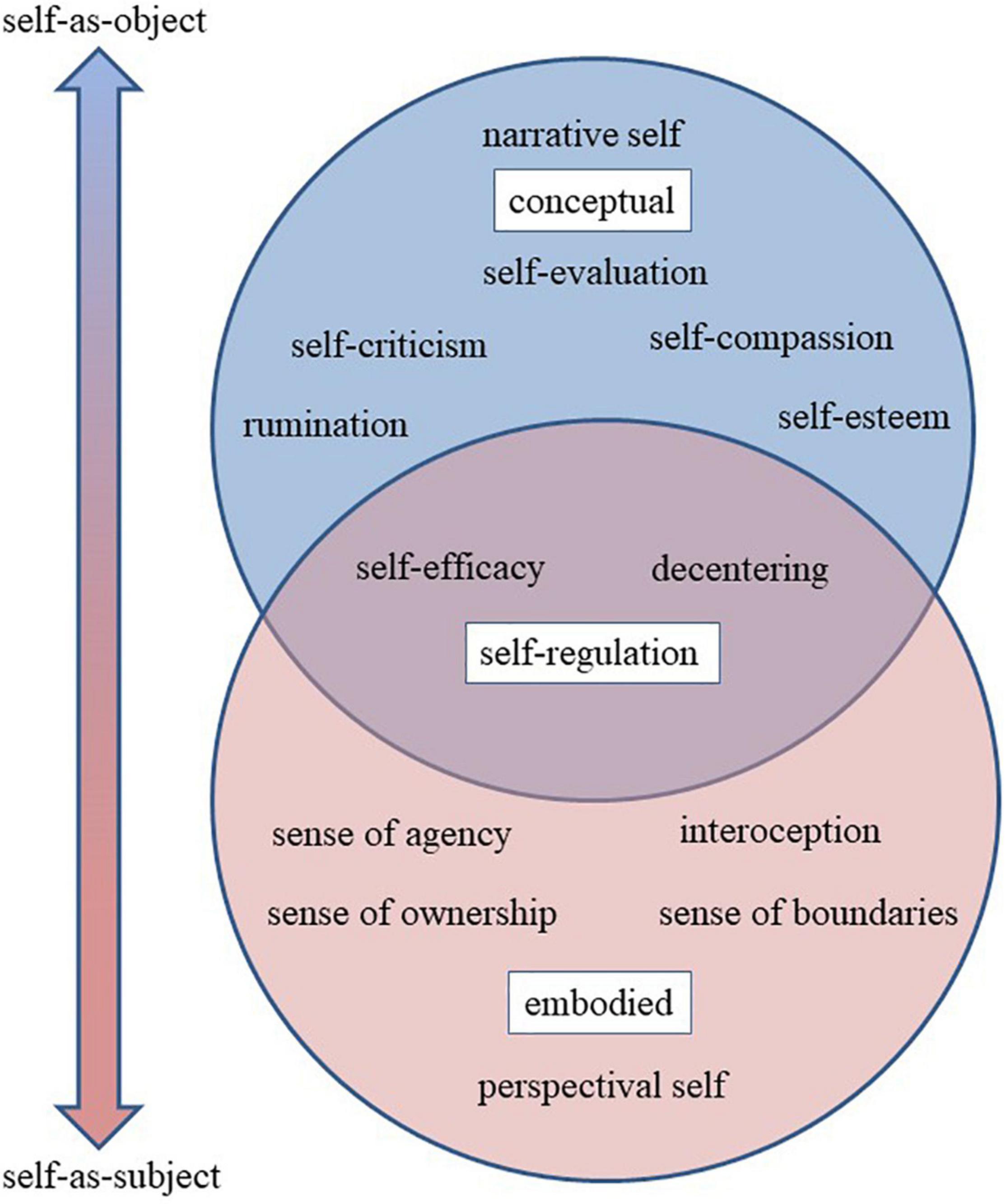The healing hospital paradigm is a concept that suggests that hospitals should not only focus on providing medical treatment, but should also prioritize the holistic well-being of their patients. This includes not only physical healing, but also emotional, spiritual, and social healing.
The idea behind the healing hospital paradigm is that the physical environment of a hospital can have a significant impact on a patient's healing process. Hospitals that embrace this paradigm strive to create a warm, welcoming atmosphere that is conducive to healing. This may involve incorporating natural light, greenery, and comfortable furniture into the hospital's design. It may also involve providing amenities such as art therapy and meditation rooms to help patients relax and de-stress.
Another key aspect of the healing hospital paradigm is the importance of patient-centered care. This means that the hospital should prioritize the needs and preferences of the patient, rather than simply following a predetermined treatment plan. This may involve involving patients in decision-making processes, providing them with information and resources to help them understand their condition and treatment options, and involving family members and other support systems in the patient's care.
In addition to focusing on the physical and emotional well-being of patients, the healing hospital paradigm also emphasizes the importance of spiritual and social healing. This may involve providing spiritual support through chaplaincy services, offering opportunities for patients to connect with others through support groups and social events, and incorporating community involvement into the hospital's programming.
Overall, the healing hospital paradigm is a holistic approach to healthcare that recognizes the importance of addressing not only the physical symptoms of illness, but also the emotional, spiritual, and social needs of patients. By adopting this paradigm, hospitals can create a more supportive and welcoming environment that promotes healing and helps patients feel more empowered and in control of their own health and well-being.








